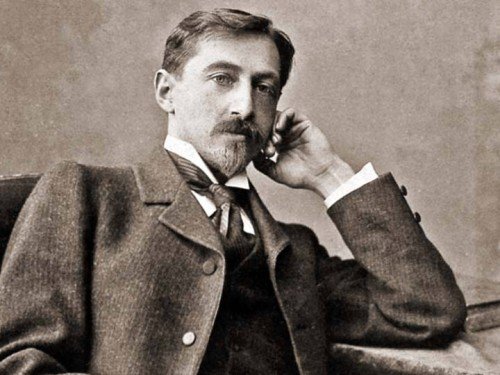
Ivan Bunin was a Russian writer and poet who lived from 1870 to 1953. He was born in Voronezh, Russia and lived through the turbulent times of the Russian Revolution and the Soviet regime. Despite this, he managed to maintain his passion for writing and his love of Russian culture throughout his life. He is considered to be one of the greatest Russian writers of the 20th century and was awarded the Nobel Prize in Literature in 1933, becoming the first Russian to receive this prestigious award.
Bunin's early life was marked by poverty and hardship. His father died when he was young, and his family struggled to make ends meet. Despite this, Bunin was able to attend school and developed a love for literature and the arts. He started writing poetry in his teenage years and was soon recognized for his talent. In 1888, he moved to Moscow to study at the university, where he became friends with other writers and intellectuals.
Bunin's early works reflect his love for the beauty of Russian nature and the simple life of rural people. His first published work, "A Radiant Dawn", was a collection of poems that celebrated the beauty of the Russian countryside. This was followed by a number of other collections, including "The Book of My Memory" and "The Village", which showcased his unique style and his ability to evoke the essence of the rural life.
In the early 20th century, Bunin became increasingly politically active, and he was a vocal critic of the Bolshevik regime. Despite this, he continued to write and published several more collections of poetry and short stories. He also worked as a translator, translating works by foreign writers into Russian, including works by Edgar Allan Poe, Guy de Maupassant, and O. Henry.
Bunin's writing style was marked by his love for the beauty of language and his use of vivid, imaginative imagery. He was also known for his attention to detail, which he used to bring his characters to life and create an atmosphere of authenticity in his works. His works often dealt with the themes of love, death, and the search for meaning in life, and he used his writing to explore the complexities of the human experience.
One of Bunin's most famous works is his novel "The Life of Arseniev". This novel is considered to be his masterpiece, and it is widely regarded as one of the greatest Russian novels of the 20th century. The novel is a semi-autobiographical account of Bunin's life and it reflects his love of the Russian countryside and his deep sense of nostalgia for a time and place that had disappeared.
Despite the many challenges that he faced during his life, Bunin never lost his love for writing and his passion for the Russian language and culture. In 1933, he was awarded the Nobel Prize in Literature, which was a great honor for him and a recognition of his contribution to Russian literature.
Bunin's legacy as a writer continues to this day, and he remains one of the most beloved and respected Russian writers of the 20th century. His works have been translated into many languages, and they continue to inspire and captivate readers around the world. He is remembered for his love of the beauty of language and his ability to evoke the essence of the human experience in his works.
In conclusion, Ivan Bunin was a Russian writer and poet who lived through some of the most turbulent times in Russian history. Despite this, he maintained his passion for writing and his love of Russian culture, and he is widely regarded as one of the greatest Russian writers of the 20th century. His works continue to inspire and captivate readers, and his legacy as a writer and cultural icon will continue to live on for generations to come.








